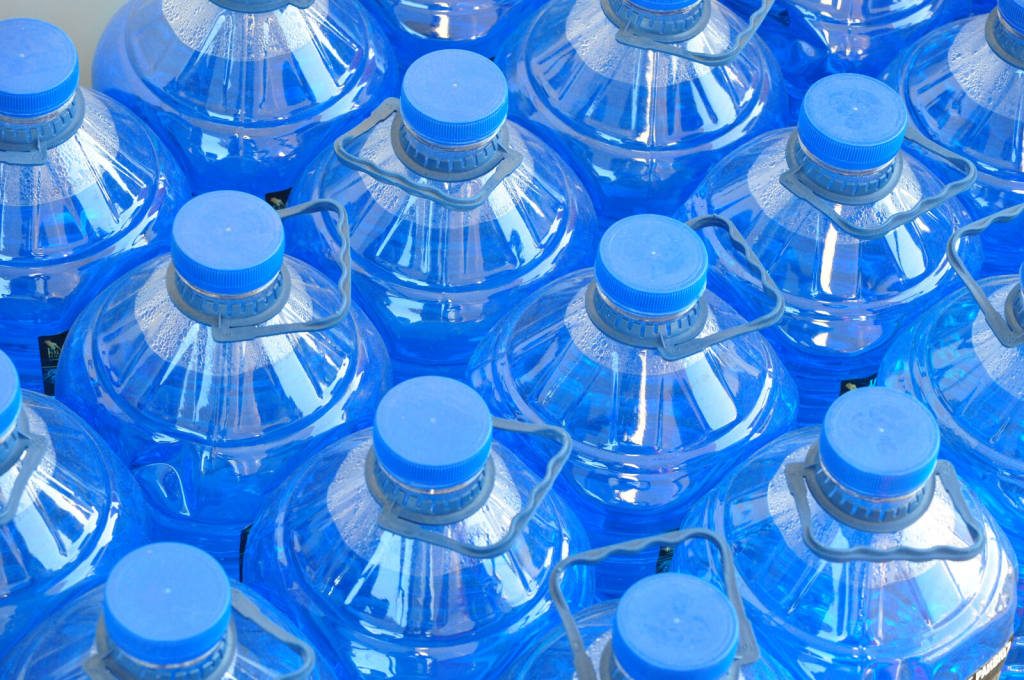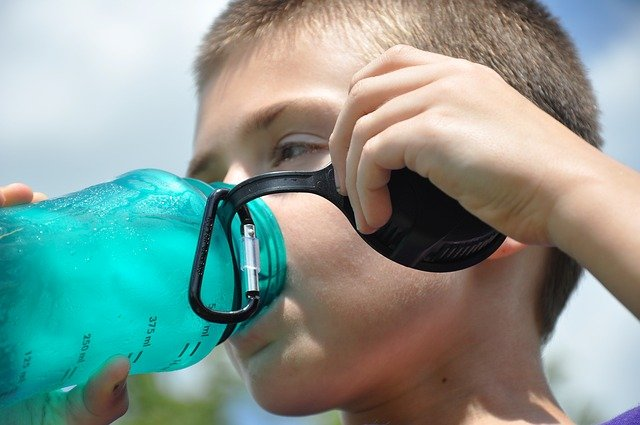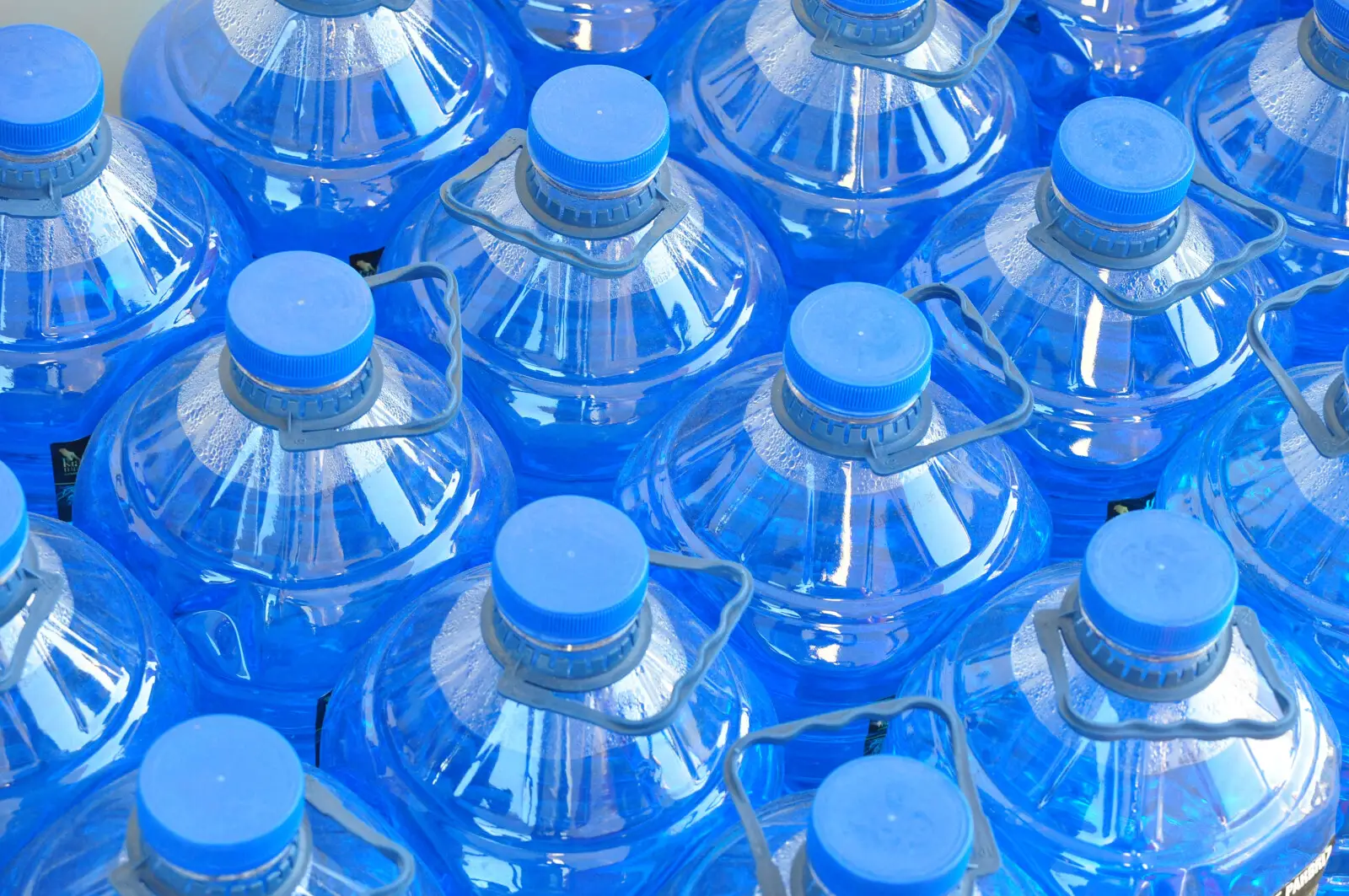The short answer is no. Bottled water does not go bad. Bottled water is sealed and it is impossible for any bacteria to grow inside the bottle. Water can be stored at room temperature indefinitely without going bad.
Why Does Bottled water have an Expiration date?
Bottled water itself is a product that has an expiration date. The reason for this is because the shelf life of the bottle is about six months to two years. This expiration date can be found on the label and it’s usually printed in red. This is confusing wand begs the question Does Bottled Water Go Bad?
Many bottled water companies will print a two year expiration date on the bottle, although there’s really no precise way to predict exactly when the plastic will leach into the water
Bottled water is a $100 billion industry and it make up 60% of the global market. Bottles are made from recyclable plastics.Water is sold that way because they are cheaper, lighter, and more durable than glass. The FDA has strict guidelines on the shelf life of unopened bottled water and food products
Plastic Bottles
Plastic bottles can contain contaminants that can compromise the purity and safety of the liquid in them, including exposure to heat, light and sunlight.
This chemical-infused plastic will affect the taste of the water. The consumer can also be at risk of serious health implications.
Water Cooler Jugs
Bottled water manufacturers use HDPE because it is light weight, easy to form and has a high impact resistance. Many bottled water companies use HDPE because it is a safe material that is recyclable, which helps our planet stay more sustainable. There is a down side to these plastic containers.

According to the U.S. Department of Health, the toxic chemicals in HDPE will enter the water and affect its taste.
Storing bottled water

To avoid a serious health hazard Consumers should store bottled water at room temperature or cooler to maintain the microbiological quality and taste. They should also store it out of direct sunlight and away from solvents, chemicals, and other materials such as gasoline, paint thinners, household chemicals, and dry cleaning chemicals.
How Does Excessive heat affect bottled water

As a general rule, yes, heat helps break down chemical bonds in plastics like plastic bottles, and those chemicals can migrate into beverages they contain
Excessive heat affects bottled water in a number of ways. For one, it can cause the plastic to break down and release chemicals into the water. This is especially true if the bottle have been sitting in hot cars in the sun for an extended period of time.
It also causes the water to evaporate at a faster rate. This means that you will have to buy more bottles or drink more than you might otherwise have liked, which can lead to increased costs and waste.
Is Expired Water Safe To Drink

Drinking expired water, where the beverage is stored for longer than 6 months, may cause the appearance, smell or taste to slowly change. The Food and drug administration states that this will not affect drinking safety and recommends that storage still be done in a cool place.
While bottled water manufacturers are permitted to put expiration dates on their labels, these dates are meant to be indicators of quality and not safety.
Does Plastic Water Bottles Cause Cancer

There has been a lot of research done on the effects of plastic water bottles and whether they are harmful to our health. It is true that there are chemicals in the plastic which can affect our hormones, but these chemicals are also found in other products. The most recent study concludes that drinking from a plastic water bottle does not increase your cancer risk.
Polyethylene Terephthalate when it leaches into the water it can be disruptive to the endocrine system causing reproductive symptoms and issues
The chemical can also cause bacterial gastrointestinal diseases damaging the immune system, a plastic bottle itself is rather unhealthy. Some of the potentially nasty effects come from the plastics that can hold up to a week’s worth of odor and bacteria thanks to a porous surface.
What Numbers to Avoid

Polystyrene, No. 6 is widely used for a variety of products. In the past months, many health concerns have been looked into because polystyrene can have negative effects on the human body depending on how it was used. For example, styrofoam trays often contain toxins that are harmful if heated in the microwave or with hot liquid close by.
The last recycling code to know is No. 7 – this category includes materials such as BPA, a chemical that can be found in the lining of canned food or certain plastic containers. Due to its carcinogenic properties, it may increase cancer risk
What Numbers to look for
 When it comes to recycling plastics, Number 2, 4, and 5 are the safest.Recycling plastics is vital for protecting the environment. Plastics are made from natural resources and create a lot of pollution when it’s disposed of improperly.
When it comes to recycling plastics, Number 2, 4, and 5 are the safest.Recycling plastics is vital for protecting the environment. Plastics are made from natural resources and create a lot of pollution when it’s disposed of improperly.
The safest plastics to recycle are #2, #4, and #5 as they are low-density polyethylene (LDPE), polyvinyl chloride (PVC), and polypropylene (PP). respectively. Other plastics in the recycling hierarchy are polyethylene terephthalate (PET) and High-density polyethylene (HDPE).The safest plastics to recycle are 2, 4, and 5 as they are low-density polyethylene (LDPE), polyvinyl chloride (PVC), and polypropylene (PP)
Why are there expiration dates on water bottles?
Does Bottled Water Go Bad? Short answer is no. Retail bottles of water do not go bad. Bottled water is sealed and it is impossible for any bacteria to grow inside the bottle. The bottled itself has a shelf life the water is stored in goes bad. After six month or so the porous plastic slightly permeable bottle goes bad. not the water.
Does Bottled Water Go Bad? Conclusion
There are a lot of misconceptions about bottled water. Some people think that bottled water is more dangerous than tap water, while others believe that it is cleaner and healthier. The truth is that both types of water can be safely consumed if they’re handled and stored properly.
If you want to be prepared for emergencies due to climate change check out our website Renegadeprep.com today.
I have lots of content on my website (I’m a one-man show) and product reviews that will help keep you safe and sound during any natural disasters or national emergencies.
It’s never too early to prepare for any event. Keeping this in mind, you can rest assured that you and those close to you will be prepared for the coming climate changes.


